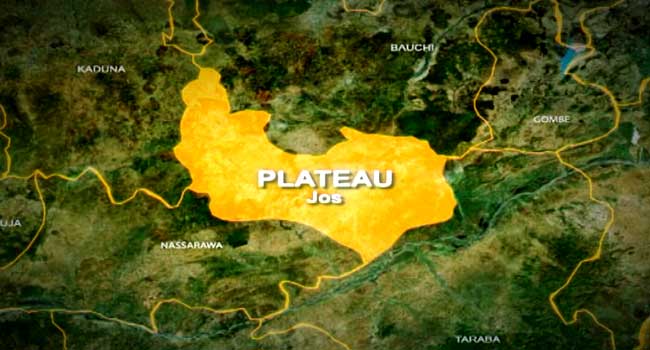The internally displaced persons (IDP) camps in Bassa and Bokkos Local Government Areas of Plateau State are facing a dire humanitarian crisis, characterized by severe food shortages and a lack of basic necessities like water, shelter, and medical supplies. This crisis has been exacerbated by recent waves of attacks and killings by gunmen in these communities, forcing thousands to flee their homes and seek refuge in overcrowded IDP camps. The attacks, which have claimed many lives over the past two weeks, have left a trail of destruction and displacement, further compounding the suffering of the affected populations. Residents of the affected areas have painted a grim picture of the situation, describing overcrowded camps, lack of food and water, and a desperate need for humanitarian assistance. The situation calls for urgent intervention to alleviate the suffering of the displaced and prevent a further deterioration of the humanitarian situation.
The scale of the displacement is significant, with over 4,000 IDPs seeking refuge in the Hurti community alone and over 2,000 sheltered at St. Paul’s Catholic Church in Bokkos. These camps are struggling to cope with the influx of displaced people, leading to shortages of essential supplies and inadequate living conditions. The IDPs, many of whom have lost everything, are now reliant on humanitarian aid for survival. Their resilience in the face of such adversity is remarkable, but the long-term consequences of this displacement are concerning. The loss of homes, livelihoods, and community support networks can have devastating impacts on their physical and mental well-being.
The situation in these IDP camps underscores the urgent need for increased humanitarian assistance. While local communities and organizations have made efforts to support the displaced, their resources are stretched thin. There is a critical need for more food, clean water, shelter materials, medical supplies, and sanitation facilities to ensure the basic survival and well-being of the IDPs. Beyond immediate relief, there is also a need for long-term support to help these communities rebuild their lives and return to their homes safely. This includes providing psychosocial support to address the trauma they have experienced, as well as assistance with rebuilding homes and restoring livelihoods.
Non-governmental organizations, such as the Stefanos Foundation, have stepped in to provide much-needed relief to the affected communities. The Foundation recently distributed food items, including rice, beans, noodles, and oil, to IDPs in Kimakpa and Zike communities in Bassa LGA. This intervention is a welcome reprieve for the displaced families, offering a temporary lifeline amidst the crisis. The Foundation’s commitment to supporting vulnerable communities and advocating for peace and stability in the region is commendable. Such efforts, however, need to be scaled up significantly to address the immense needs on the ground.
The Stefanos Foundation’s visit to the affected communities also highlights the importance of collaboration between humanitarian organizations, local communities, and government agencies. Working together, they can ensure that aid reaches those who need it most and that long-term solutions are implemented to address the root causes of the crisis. The Foundation’s call for increased government support and security measures is crucial. The government has a responsibility to protect its citizens and ensure their safety. This includes providing adequate security to prevent further attacks, as well as investing in long-term development initiatives to address the underlying issues that contribute to conflict and displacement.
The humanitarian crisis unfolding in Bassa and Bokkos LGAs requires a multi-faceted response. Immediate relief efforts must be prioritized to address the urgent needs of the displaced populations. Simultaneously, long-term solutions must be developed to address the root causes of the conflict and promote sustainable peace and development in the region. This requires the collaborative efforts of government agencies, humanitarian organizations, and local communities. Furthermore, the international community must also play its part by providing financial and technical support to bolster the response and ensure that the affected populations receive the assistance they desperately need. The resilience of the displaced people is commendable, but they cannot overcome this crisis alone. A coordinated and sustained effort is required to address the humanitarian needs, promote peace, and ensure the long-term well-being of the affected communities.


